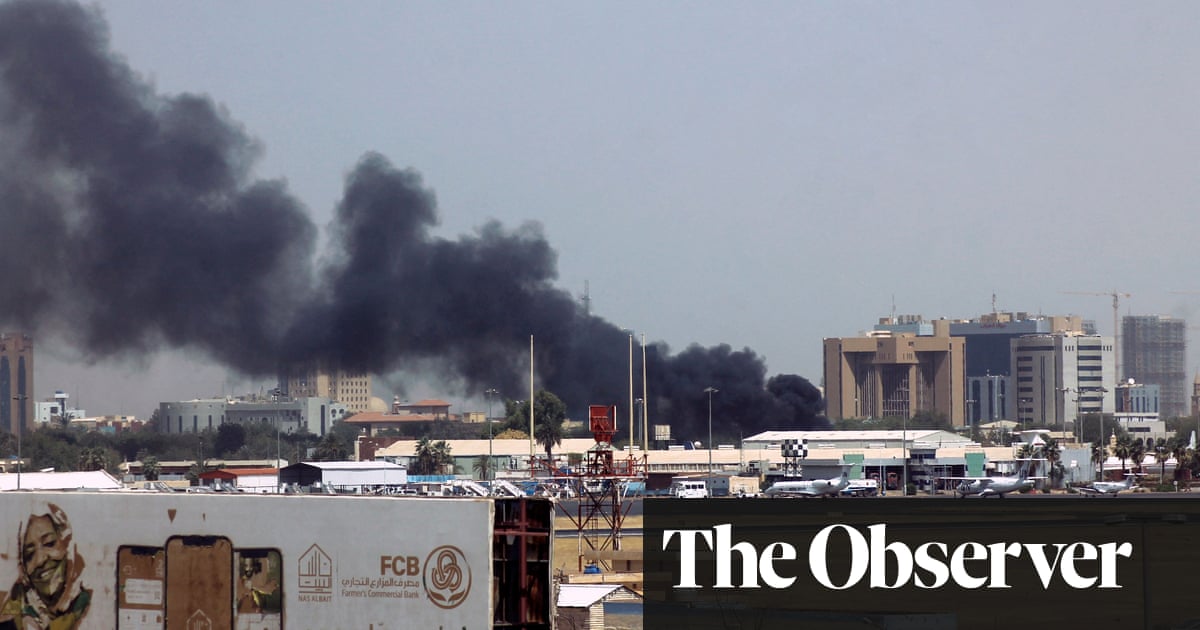
ashington and Tehran moved to broker the agreement after fighting between the two Shiite sides and a series of security and political developments erupted after the election.
Muqtada Al-Sadr, the influential cleric who heads the Sairoon Coalition, agreed to join up in the new Parliament with the Tehran-backed Fattah Coalition in a deal overseen by arch-rivals the US and Iran.
BAGHDAD: An alliance between rival Shiite political coalitions — one pro-Iranian, the other anti — has defused tensions that engulfed Baghdad in recent weeks.
Muqtada Al-Sadr, the influential cleric who heads the Sairoon Coalition, agreed to join up in the new Parliament with the Tehran-backed Fattah Coalition in a deal overseen by arch-rivals the US and Iran.
Washington and Tehran moved to broker the agreement after fighting between the two Shiite sides and a series of security and political developments erupted after the election. They feared a return to violence threatened to wipe out Iranian and American projects in the country.
Three warehouses used to store ballot boxes and electoral equipment were set on fire last week. Days earlier, a large ammunition warehouse owned by Saraya Al-Salam, the armed wing of Al-Sadr, was bombed inside a slum in Baghdad’s Sadr City, killing 20 people and wounding scores of others.
Both incidents were aimed at drawing Al-Sadr, who emerged as one of the biggest winners of the election, to fight the Iranian-backed forces, particularly the Assaib armed group, Shiite politicians and officials told Arab News.
Douglas Silliman, the US ambassador to Baghdad, and Jan Kubis, the representative of the UN in Iraq, held dozens of meetings in the past two weeks with the involved parties to end the crisis.
Qassem Soleimani, commander of Iran’s Al-Quds Force, arrived in Iraq on Saturday night for a series of meetings to unite the two factions.
The meetings ended with an agreement to manually recount no more than 10 percent of the election ballots to ensure they meet constitutional deadlines for forming a government. Iraq’s Parliament last week ordered a full recount after accusations of voting fraud, but a partial recount should still ease tensions between the two sides.
“US, UN and Iranian officials have met everyone (political parties) to tell them there will be no canceling of the results of the elections, no new elections and the only available option is the partial manual recounting,” a prominent Shiite politician involved in the talks told Arab News.
“Not just this, they asked all the conflicted parties to sit and talk or they will lose their backing.
“They are obliged to sit and negotiate, with no other option.”
Al-Sadr, whose Sairoon Coalition emerged as the biggest winner in the elections with 54 seats, has led talks to form the biggest parliamentary bloc. His negotiations have been with Al-Nassir, the coalition of the outgoing Prime Minister Haider Abadi, and Hikma, the coalition of the Shiite cleric Ammar Al-Hakim, in an attempt to form a government.
But his efforts were blocked by the amendment made by the Parliament to the electoral law, which allowed the manual recounting of votes.
Since then, a string of security incidents, including assassinations, have taken place in Sadr City, the stronghold of Al-Sadr’s support, security sources said.
“Many local and regional parties have an interest in creating a security mess in Iraq at this time, so the two (Silliman and Soleimani) men’s priority was to contain the most dangerous tools of this potential chaos, Saraya Al-Salam and Assaib,” a senior Shiite negotiator close to Soleimani told Arab News.
“The containment of these two (Al-Salam and Assaib) will provide an opportunity for everyone to focus on negotiations to form a government and rationally overcome the obstacles.”
The US and Iran have both battled for influence in Iraq since the downfall of Saddam Hussein, and Soleimani has huge influence with Shiite paramilitary forces. Al-Sadr, who rejected directly dealing with Silliman and Soleimani, negotiated through many channels, negotiators said.
Kubis; Waleed Al-Kremawi, the head of Al-Sadr’s negotiation team; and Dhiyaa Assadi, head of Sadr’s political office, were the main channels used by the US and Iranians to reach out to Al-Sadr in addition to Hakim and Hadi Al-Amiri, the commander of Badr Organization, the oldest and largest pro-Iranian Shiite armed group in Iraq, negotiators told Arab News.
On Monday, the talks resulted in the announcement of an alliance between Sairoon and Fattah, which came second in the elections with 47 seats.
Negotiations are continuing with the former Prime Minister Nuri Al-Maliki to bring in his coalition, the State of Law, negotiators said.
A senior Fattah negotiator told Arab News that Al-Sadr would deal only with Al-Amiri and was opposed to the Assaib force — both members of Al-Fattah. He will also not deal directly with Al-Maliki.
None of the mediators spoke in detail about the formation of the government, but both men agree on the need to prevent the collapse of the political process in Iraq, negotiators said.
Iran wants to bring together the five main Shiite blocs to form the biggest ruling parliamentary coalition, while US wants to “limit” the influence of the pro-Iranian forces inside the next government and “works to have a prime minster not hostile to Iran but also not loyal to it,” the negotiators said.
Abadi, who is supported by the US for a second term, still has a chance to compete for the prime minister post.












